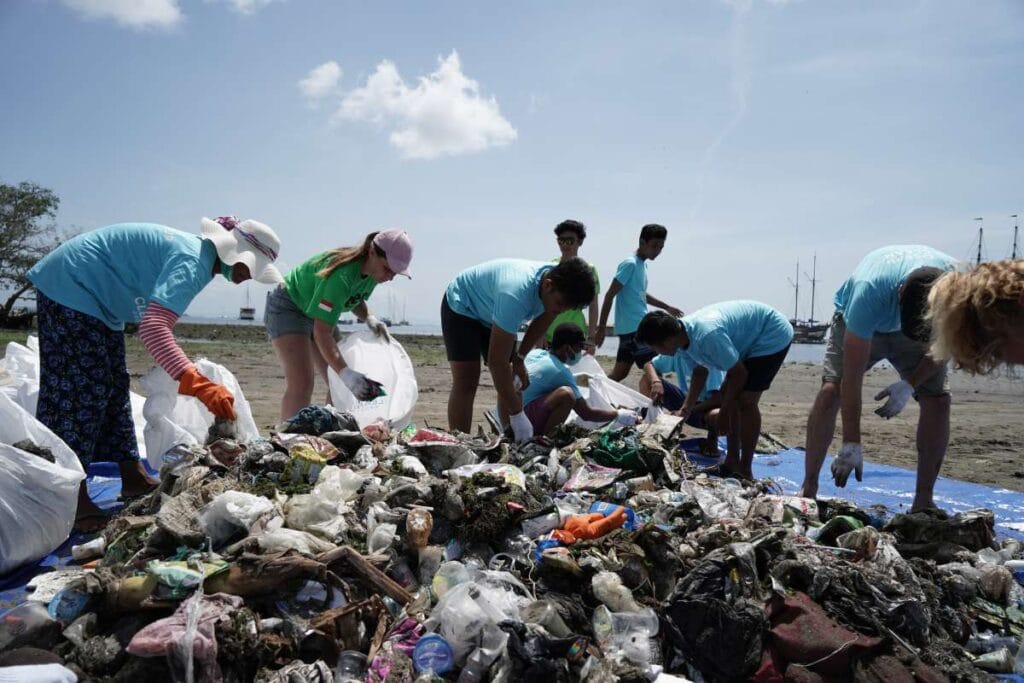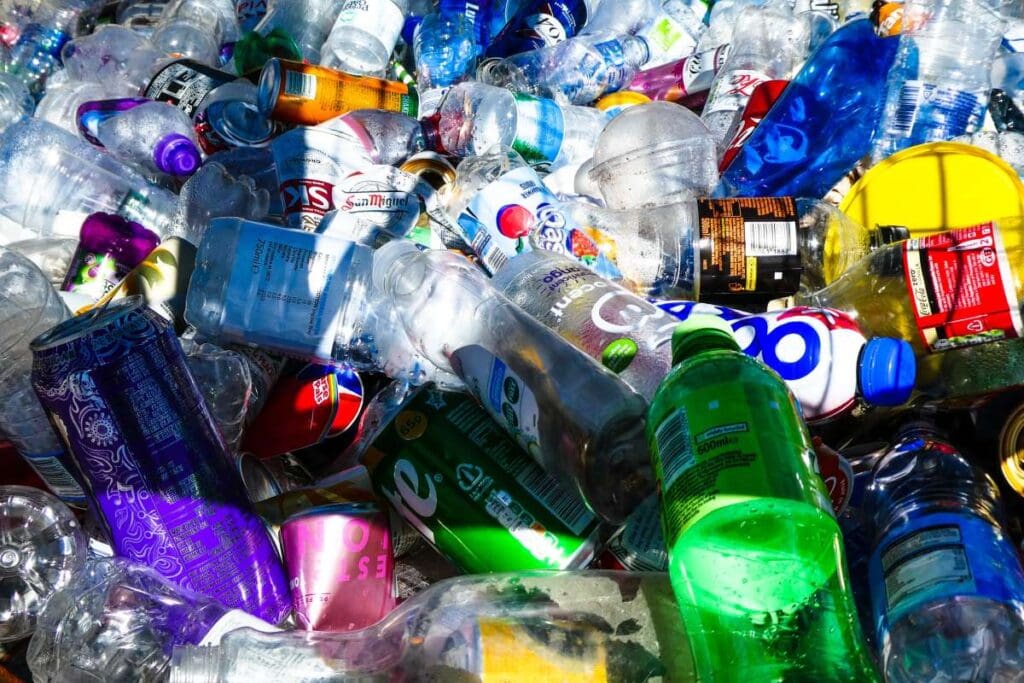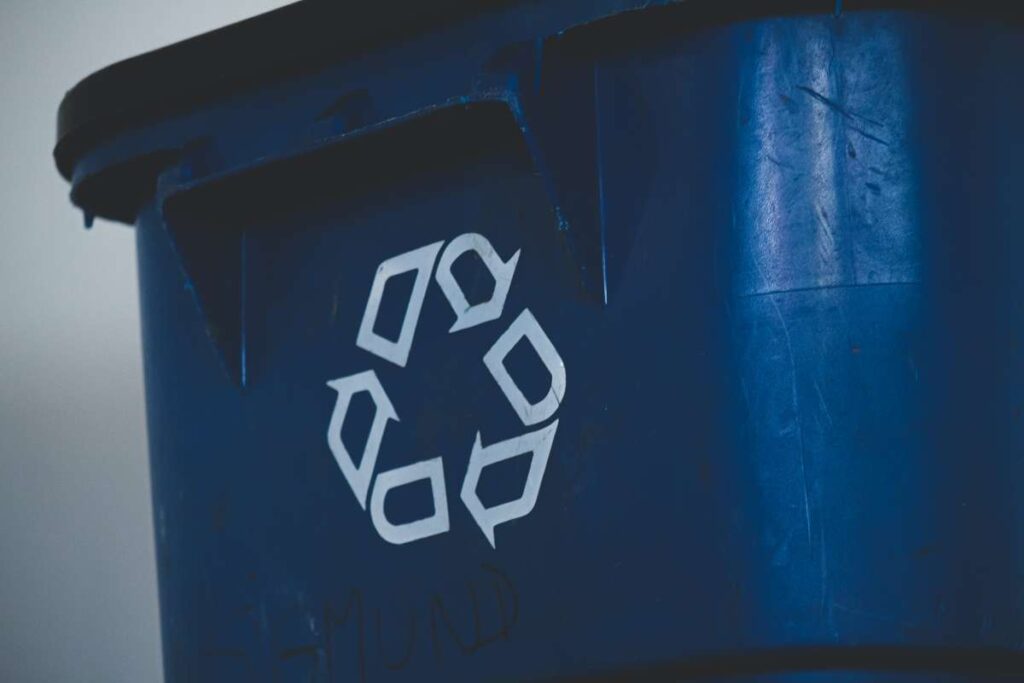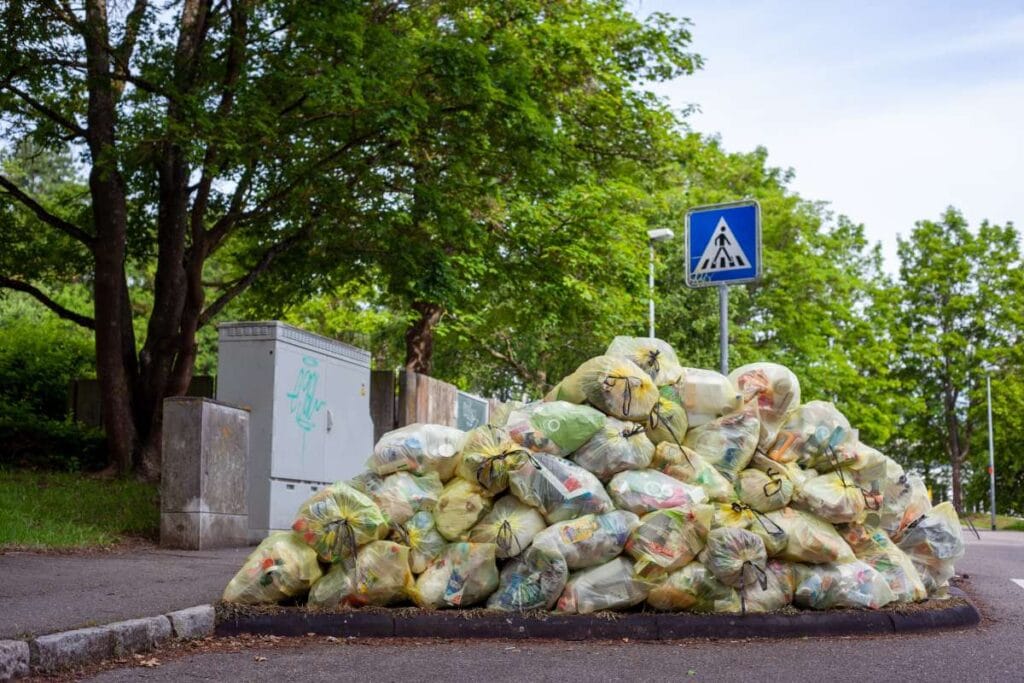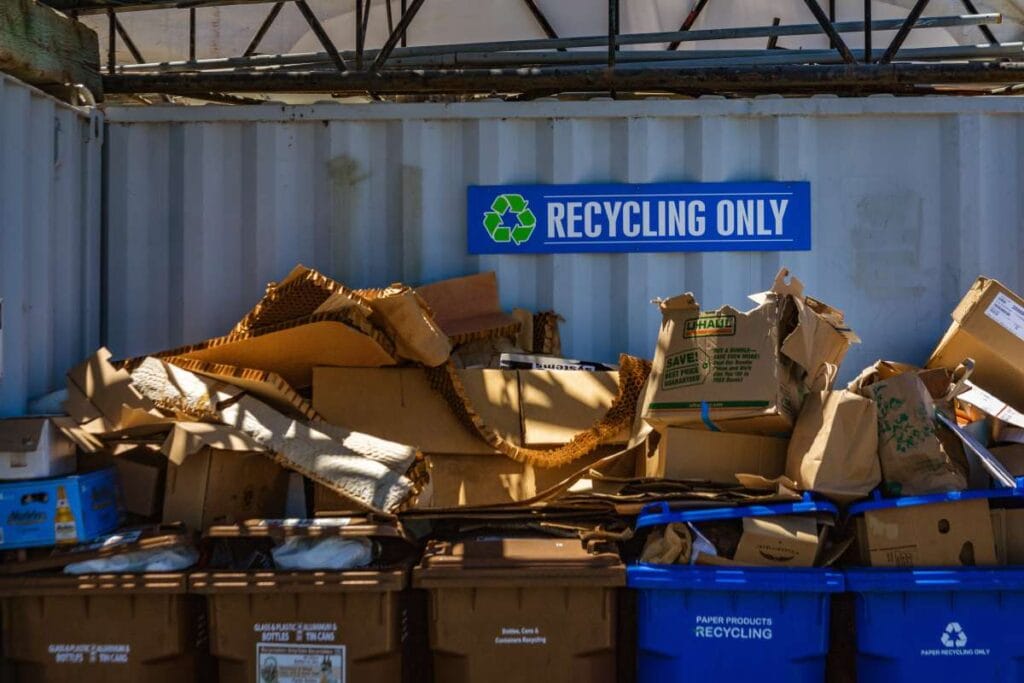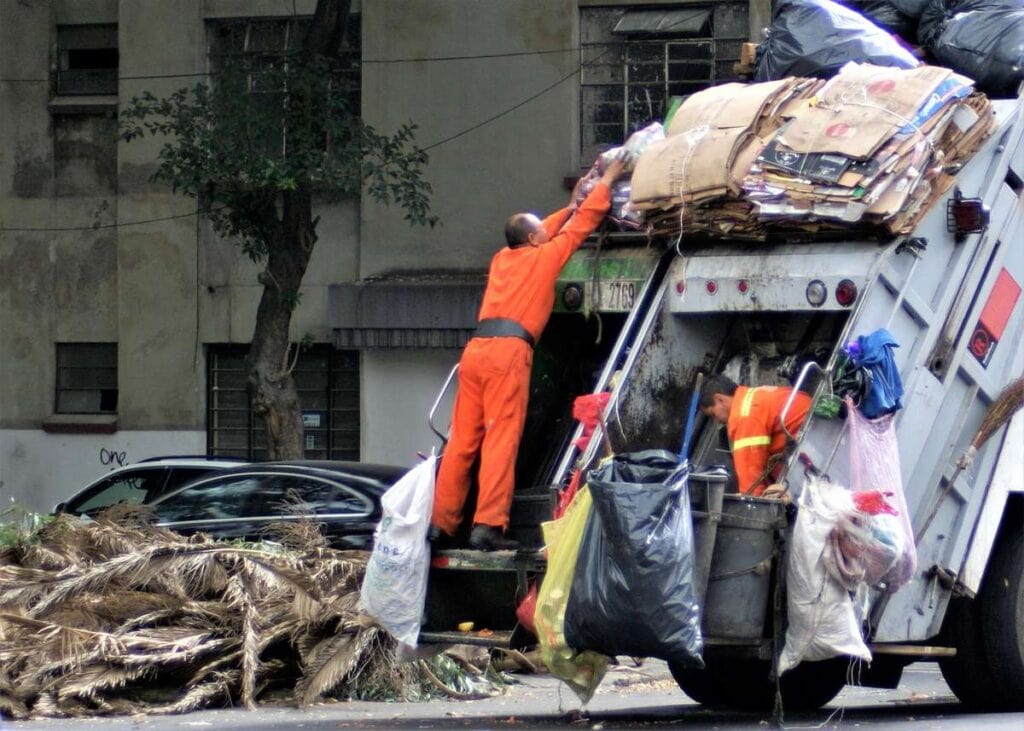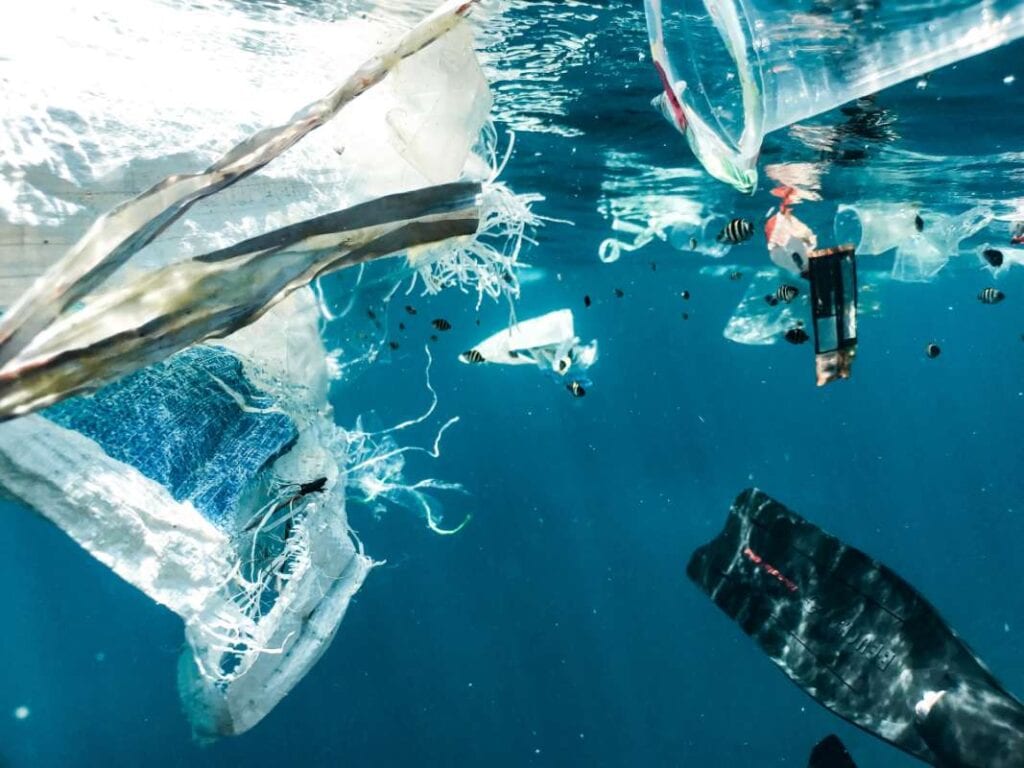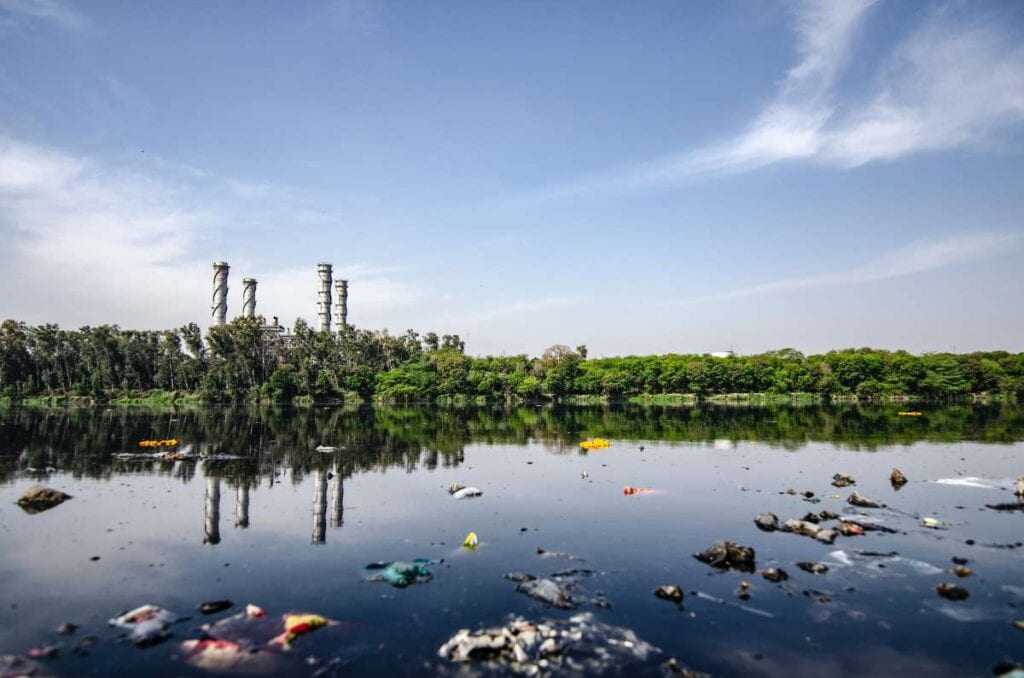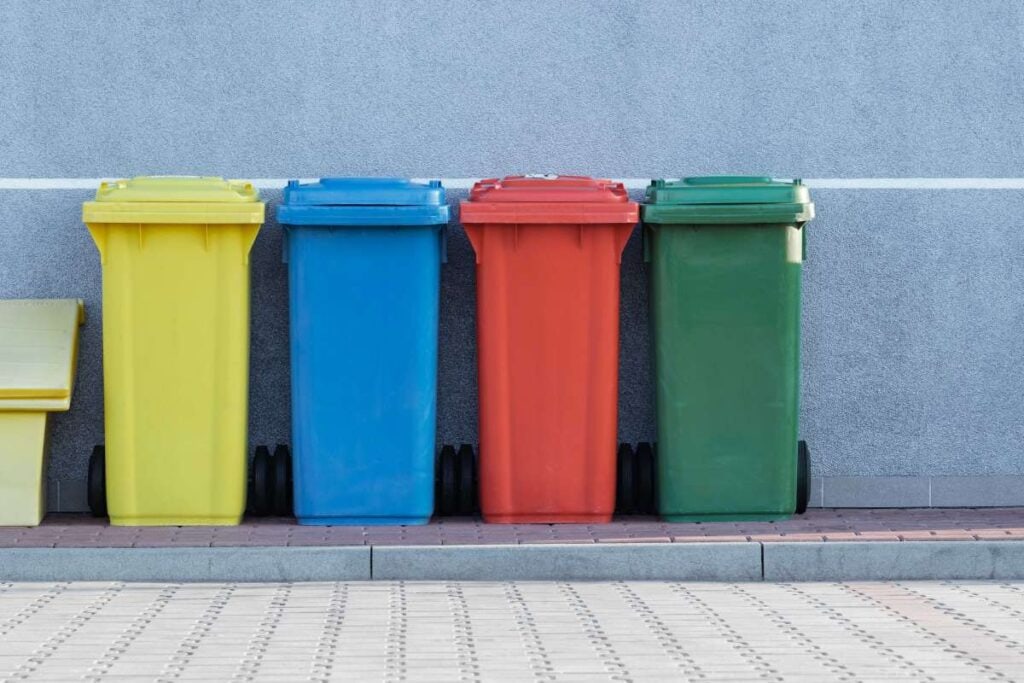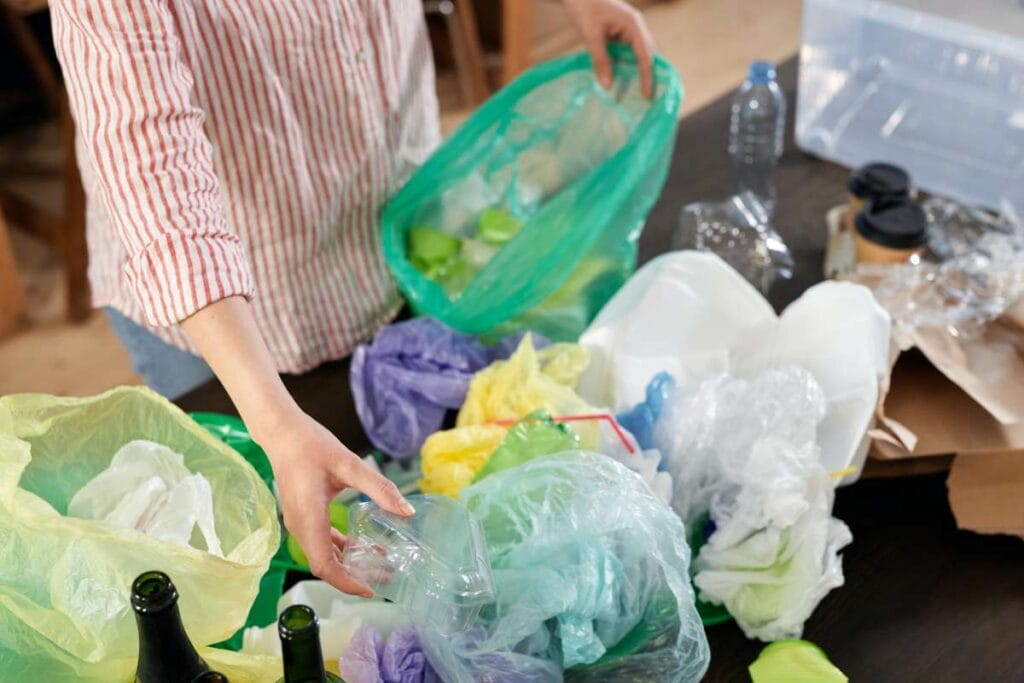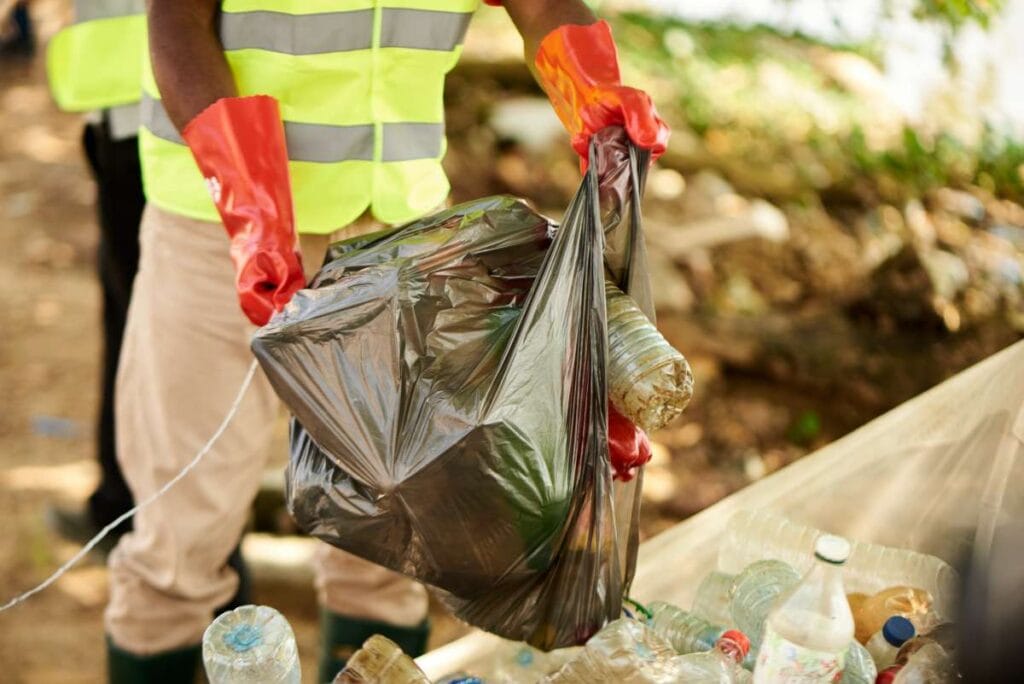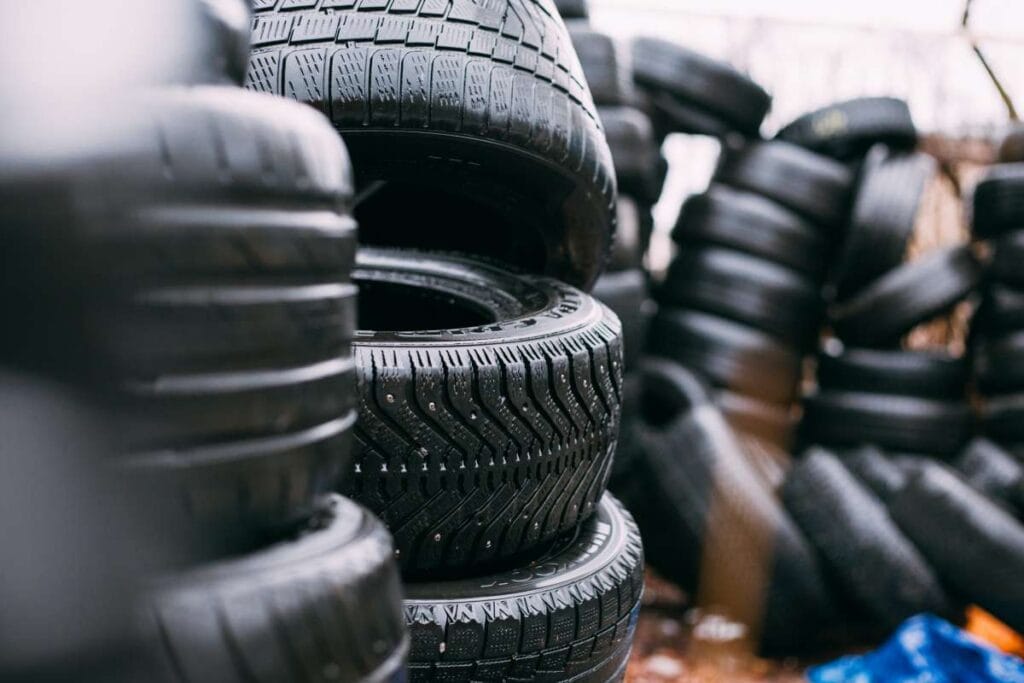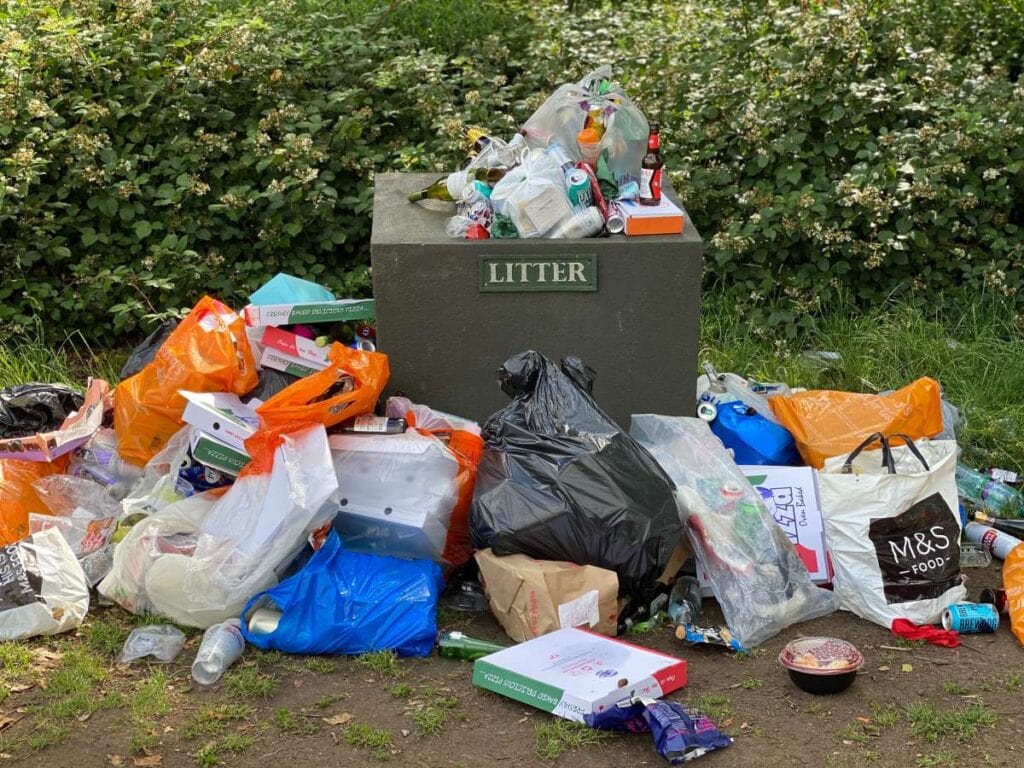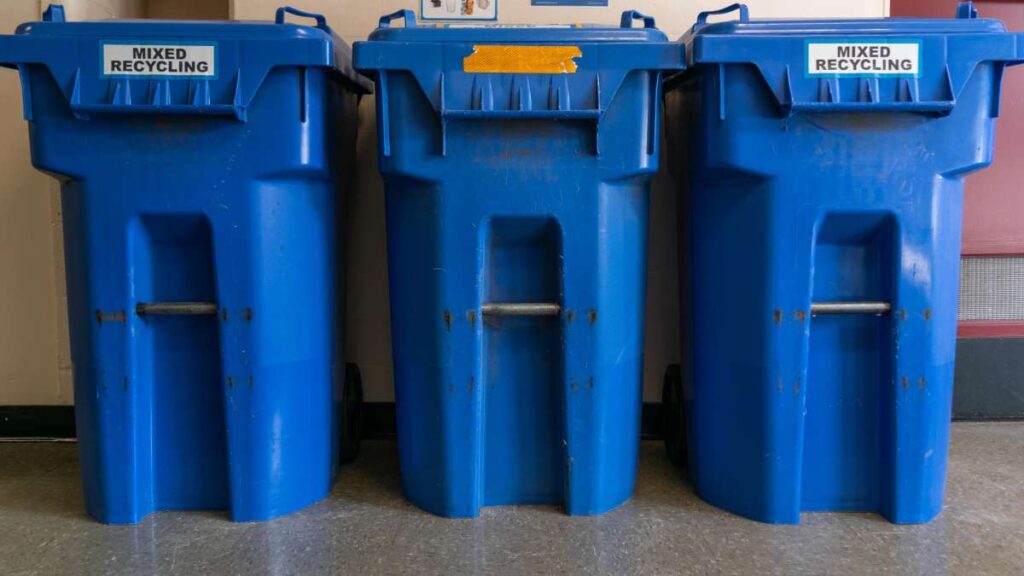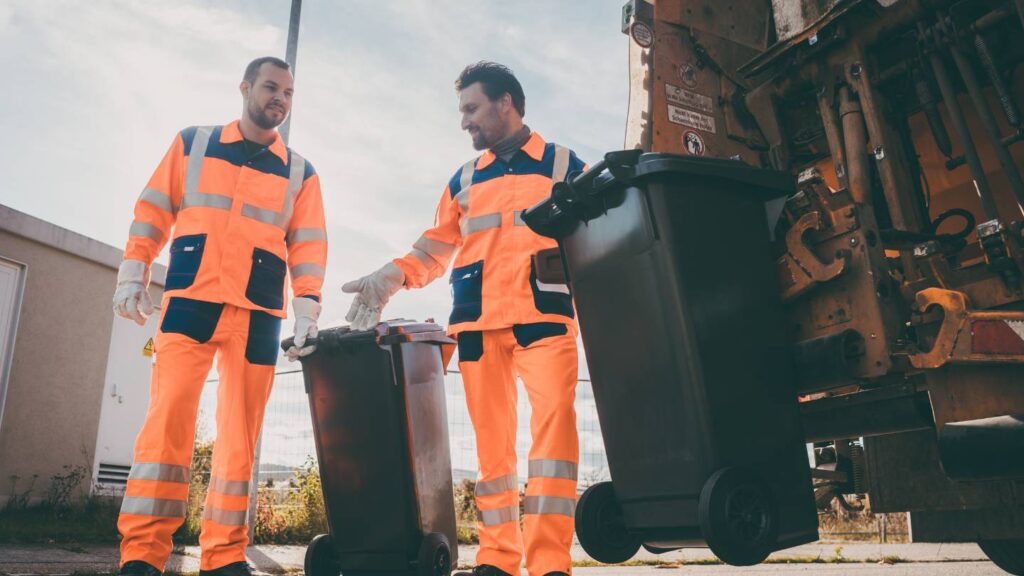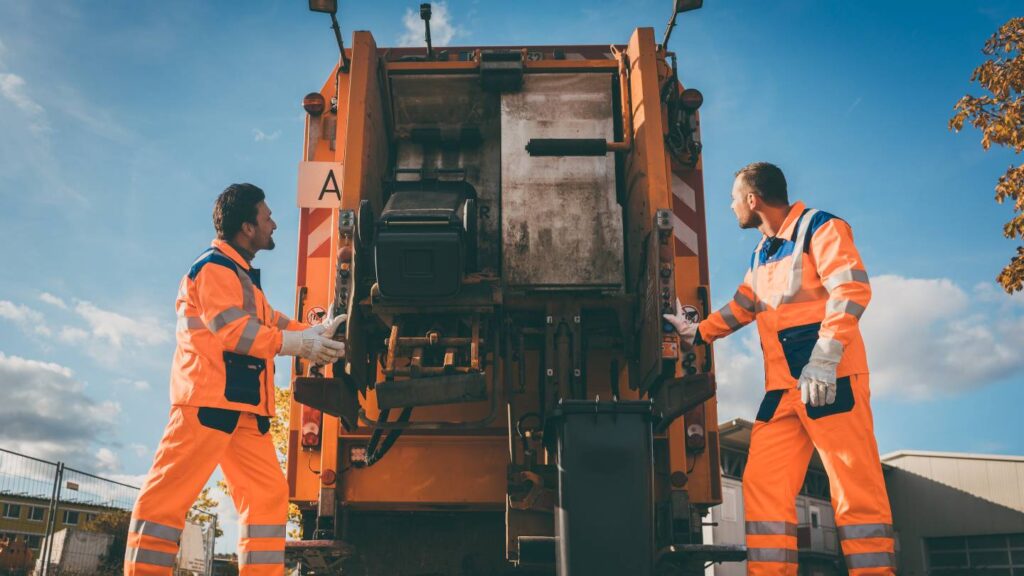Promoting eco-friendly waste management in your community can help make it a safer and more liveable place for future generations. Pollution, water supply contamination, and habitat loss are just a few of the environmental issues that can result from improper waste disposal.
However, there are easy things you can do to encourage others in your community to do the right thing when it comes to trash. We'll look at some practical strategies for promoting clean litter pick-up in your community.
Major Problems With Waste Disposal
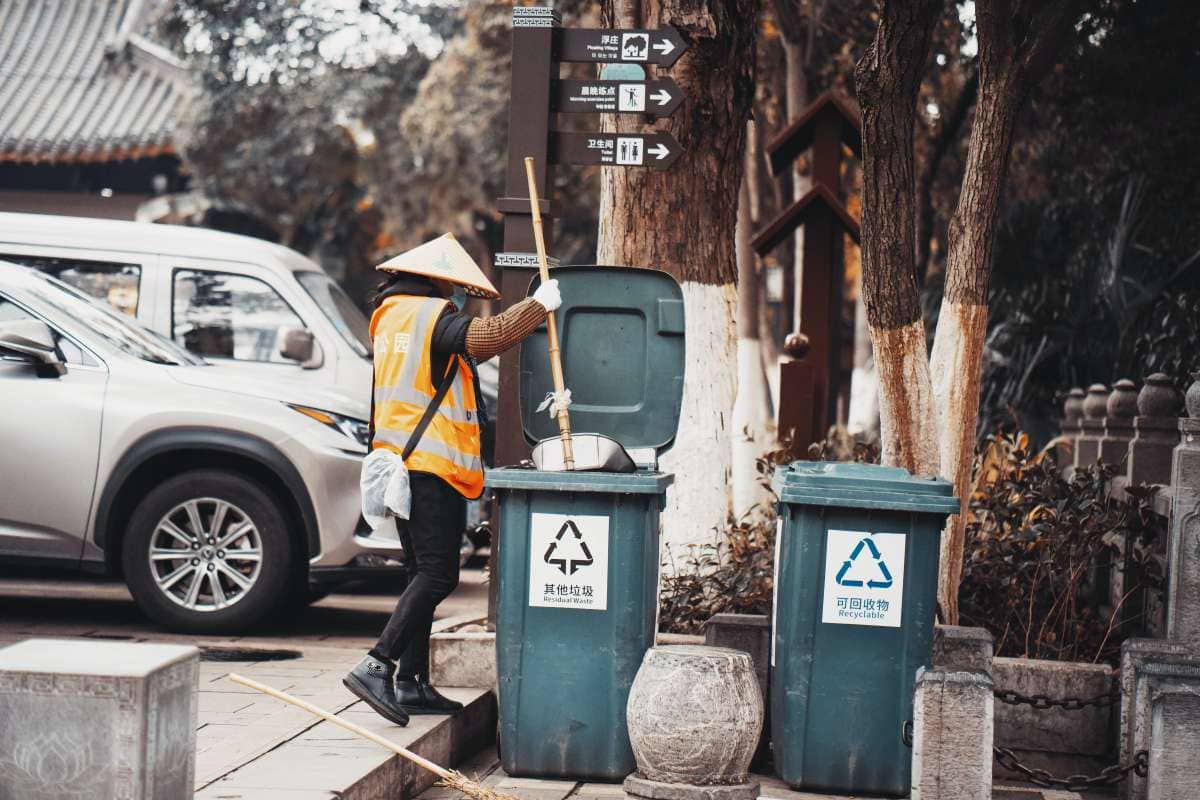
Lack Of Education
In many developing nations, the presence of dirt on the roads is closely tied to the underlying causes of improper trash disposal. Addressing this issue requires a comprehensive understanding of the root factors involved. A crucial step towards creating a clean and safe community is establishing proper waste management systems. Unfortunately, in many developing countries, poor waste management practices prevail due to a lack of education and awareness.
It is important to recognise that the consequences of inadequate waste management extend beyond immediate sanitation concerns. Developing countries heavily rely on their natural resources for sustenance, but when these resources are exploited for fuel or used in the production of fertilisers without proper disposal measures in place, they end up contributing to environmental degradation. This, in turn, results in contaminated soil, polluted waterways, compromised air quality, and the destruction of wildlife habitats. The delicate balance of ecological systems is disrupted, leading to the depletion of natural resources and rendering once-vibrant ecosystems sterile.
A major challenge lies in the human activities that contribute to this cycle. For instance, coal mining practices that disregard the long-term impact on the environment further exacerbate the problem. The consequences of such actions ripple through the ecological chain, affecting not only the immediate surroundings but also the broader ecosystem.
To address these issues effectively, a multi-faceted approach is needed. Education and awareness campaigns should be implemented to foster a culture of responsible waste management and resource conservation. Additionally, sustainable practices should be promoted, encouraging the use of renewable energy sources and adopting eco-friendly alternatives to harmful substances. Collaborative efforts between governments, local communities, and international organisations are crucial in driving meaningful change and ensuring the preservation of the environment for future generations.
The Use Of Plastic Bags
The adoption of plastic bags for trash disposal by humans has proven to be a detrimental choice. Plastic, being non-biodegradable, poses significant challenges as it fails to break down in landfills or waterways, ultimately leading to various environmental issues.
The detrimental impact of plastic bag usage is just one example highlighting how people tend to overlook environmental problems until they directly affect them. Instances arise where recycling bins become overwhelmed due to individuals forgetting to bring their reusable bags, highlighting the consequences of this negligence.
An important factor contributing to the improper disposal of waste is the widespread preference for plastic bags. It is highly advisable to minimise their usage, as recycling them becomes a time-consuming and expensive process.
The fact that plastics of all kinds are resistant to biodegradation is at the root of the problem that refuses to go away. Therefore, if these materials are disposed of poorly in landfills or left as trash on streets, remnants of our current consumption patterns will stay in the environment for decades. Wastewater flows may eventually wash away these leftovers, making the problem even worse.
To mitigate these challenges, it is crucial to raise awareness and promote sustainable alternatives. Encouraging the adoption of reusable bags and reducing reliance on disposable plastics can make a significant difference. Emphasising the long-term consequences and implementing effective waste management strategies can help minimise the environmental impact of plastic waste, ensuring a cleaner and healthier future for our planet.
Deficient Municipal Infrastructures
Inadequate municipal infrastructures contribute significantly to improper waste disposal.
If residents of a city are warned not to dispose of their trash illegally—such as by dumping it into a river or burning it on a dumpsite without protective gear like masks—they may resort to inefficient and dangerous methods such as these.
Some municipalities prefer that their residents dump their trash next door rather than take responsibility through proper channelisation procedures, which go against their cultural mindset. These municipalities have no landfills because the government stopped funding and supporting them years ago.
Industries
It's important to look at the role that industries play in improper waste disposal if we want to fix the problem. Unsafe waste disposal poses risks to human and animal health, and industries are largely to blame. The main problem is that there aren't enough experts in this field working for them, so they've been ignoring it.
Industries have been dumping their toxic waste into our water systems, contaminating them with bacteria that are harmful to both humans and marine life. To keep Earth habitable for future generations, more thought needs to go into how these wastes are disposed of.
Industries, especially chemical plants, are a major contributor to unsanitary waste management practices. This is why: firstly, they produce radionuclides and other hazardous materials that cannot be thrown away with regular trash.
Agriculture
Due to agricultural practices, there has been an increase in improper waste disposal. Not only are landfills' space and capacity constrained, but they also cost the public more money and time than other waste management options like recycling and composting.
Agriculture's poor land management contributes to landfill pollution, but there are effective ways to mitigate this issue, such as diverting organic waste from landfills, where it will decompose and release toxic fumes to the environment and harm wildlife.
Taking Community Action For Waste Management
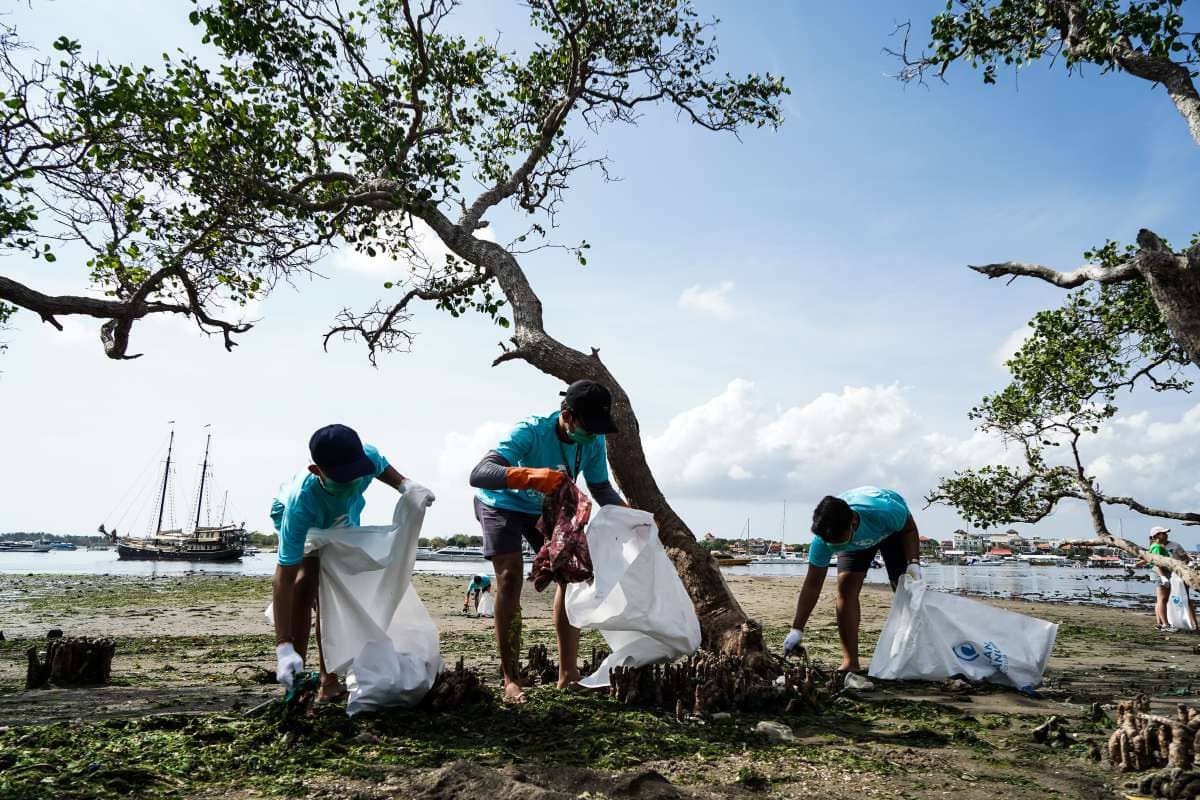
Provide Education To Your Local Leaders
Getting in touch with the authorities in your area is the first step towards getting a community recycling programme started. You should attend city council meetings well-prepared with data demonstrating how recycling can improve life in your area.
Build Awareness In Your Community
The next task is to spread the word about why recycling is important in your area. If there are local social media outlets in your area, use them to spread the word about your drive to establish a recycling programme.
In addition, you could encourage a recycling initiative in your town by penning an editorial in the local paper. Be sure to highlight recycling's positive effects and the program's potential to stimulate local economies as you write.
Create Your Own Recycling Initiative
If your community's decision-makers don't listen to your recycling plea, you can always start your own programme. There are numerous methods for accomplishing this. Without a support group, it's crucial to take baby steps. The first step is to identify potential volunteers for the project.
To increase recycling awareness, you can reach out to various demographics. People who don't recycle or aren't familiar with the concept should be your first target audience. This is not always easy to tell, but if there are no recycling programmes in your area, it's probably safe to assume that many people there aren't particularly concerned with the issue.
You could also try coordinating with the agricultural department in your area to increase recycling awareness. Get in touch with the school board to see if you need special permission to run a recycling education programme for students. Having parents join in on an initiative that their children are enthusiastic about is a great way to build support and enthusiasm for the cause.
Make it clear to people that they can help the environment by recycling right at home by doing things like composting food scraps, using fewer single-use items, and finding new uses for old bottles and jars. This is a fantastic way to begin collecting recyclables until a more permanent system can be put in place.
Partner With Neighboring Communities
Consider collaborating with a neighbouring community that already has a recycling programme if your municipality is unwilling to start one. A co-op or collection site could be set up to facilitate recycling in your area. You could also consider placing recycling bins in prominent locations around town.
You can enquire about installing recycling bins next to regular trash cans in public spaces like parks and other public areas. This can help get people in your community to start recycling properly. Don't forget to consider who will be responsible for emptying the bins and sorting the recyclables.
Waste Management Campaigns
Educating and informing the public about the significance of waste management policies and rules is essential to their success. Thus, the government can promote compliance with these policies through campaigns. Regular sensitisation like this will help raise local environmental consciousness. Jamaica and India are just two examples of countries that have used this tactic to great effect in their efforts to foster a culture of responsible garbage disposal among their citizens.
Incentivize The Waste Disposal
Private and public waste management companies can encourage responsible garbage disposal by offering financial incentives to residents. Extra money can be made in a very significant way through this method.
A Community Solid Waste Program
Once a community has a common understanding of the issues caused by waste, it can begin taking action to address these issues, beginning with projects that are tailored to the specific needs and resources of that community.
All of these components are necessary for a comprehensive community solid waste programme:
- Waste production should be decreased, particularly that of toxic and non-recyclable materials.
- Wastes should be segregated at the point of generation whenever possible.
- What she says is spoken in a female voice. Think about what people can contribute and what they need, and focus initially on what you can accomplish quickly.
- Collect and compost all organic waste, including leftovers.
- When possible, recycle or reuse items.
- Reuse materials and work to get local authorities and businesses on board with recycling initiatives.
- Gather trash, get rid of it, and put it away securely. Treat the workers with dignity and compensate them fairly.
- All trash that can't be recycled or reused should be disposed of properly.
Who Is Responsible For Separating Waste?
Both the homes and businesses that generate trash and the people who collect it have opportunities to organise it into distinct streams. There should be respect and compensation for the people who sort and collect trash for reuse, recycling, and disposal in your community.
Collectors can profit from their efforts by sorting through trash, selling the more valuable items, and transporting the rest to a recycling facility. Some collectors offer small cash incentives to residents who sort their trash, while others impose nominal fees on those who don't.
It is acceptable to store containers of dry waste inside until collection time if this is done at home. Keep your wet trash in outdoor containers and turn it into garden compost, or have it picked up by your neighbourhood's composting initiative.
Recycling Turns Waste Into A Resource
The amount of energy saved by recycling just one 6-pack of aluminium cans is equivalent to turning on a TV for 18 hours.
Products that have outlived their usefulness can still be recycled and used to create something new. Metals and rubber, among others, can only be recycled in industrial settings. Some recyclables, like paper and glass, don't need elaborate facilities; they can be recycled in garages or basements.
The practice of recycling is crucial in the fight against waste. However, communities and individuals must also commit to recycling for it to be successful. Recycling is not a viable option if there is no demand for recycled goods or if the recycling process is unsafe.
Waste is diminished as unwanted materials are repurposed into useful commodities, and manufacturing energy is conserved in the process. Reusing materials results in significant energy savings; for instance, producing steel from scrap metal uses only a third of the energy required to produce new steel from raw ore. Compared to producing aluminium from raw bauxite ore, the energy required to produce aluminium from scrap is negligible.
FAQs About Rubbish Removal
There are several easy ways to encourage proper rubbish disposal in your neighbourhood. You can start by setting up a community drop-off site for old computers at a local school, composting program, or finding three uses for everything that comes in a plastic container and then recycling it.
Some of your "trash" can actually be recycled, although not all of it can go in your recycling bin. There are mail-in and drop-off programs available that accept some of those hard-to-recycle items.
You can take your kids to trash-related exhibits at a museum, tour waste-to-energy plants, and show them firsthand what the future of waste handling is all about.
If you don't have any space for an outdoor compost pile, you can compost using vegetable and fruit waste, grass clippings, dead leaves, or twigs and using the right amount of water.
To find a commercial waste disposal company to work with, you can simply ask some questions and obtain the information you need to make an informed decision about the right service for your business. Questions to ask a potential waste disposal company include their pricing, services offered, and their environmental policies.
Conclusion
Eco-friendly waste management is an important step towards creating a healthier and more sustainable community for current and future residents. Many developing countries suffer from environmental degradation because of a lack of knowledge and awareness.
Campaigns of education and awareness, sustainable practises, and cooperation between governments, local communities, and international groups are all necessary to effectively address this issue. For future generations, this is a step towards ensuring environmental stability. Plastic bags are not biodegradable, and so do not decompose in either landfills or waterways, making their usage for waste disposal a poor decision.
Educating the public and encouraging long-term solutions is crucial to overcoming these obstacles. Unsafe garbage disposal is primarily the fault of industries, although inadequate municipal infrastructure also plays a role. There aren't enough professionals in this subject working with industries, so they're contributing to the problem by improperly disposing of garbage.
Toxic waste from industries has contaminated our water supply with microorganisms that can cause illness in humans and marine animals. Better planning is required for the disposal of these pollutants if Earth is to remain habitable for future generations.
Educate community leaders, raise public awareness, and launch a local recycling programme to make a difference in waste management at the grassroots level. Get the word out to people who don't recycle or who are unfamiliar with the concept in order to raise recycling awareness among the general public.
The best information in this article is about how to get more people to start recycling. Some examples are working with the agriculture department, teaching students about recycling, forming partnerships with neighbouring communities, establishing a recycling co-op or collection site, informing the public about waste management regulations, providing financial incentives to locals, and launching a community solid waste management initiative. A community-wide solid waste management programme must include all of these steps.
Reduce your garbage output, especially hazardous and unrecyclable waste. Recycle or repurpose as much as possible, compost all organic waste, pay workers a living wage, and properly dispose of all rubbish.
Rubbish collectors deserve our gratitude and fair payment; in the meantime, please keep your empty cans and bags of dry rubbish inside. To be effective, recycling programmes need the support of both communities and individuals who care about reducing trash. It takes only a third of the energy needed to create new steel from raw ore when waste metal is reused instead of being thrown away. If there is no market for recycled materials or if the recycling process poses health risks, it is not a practical solution.
Content Summary
- Promoting eco-friendly waste management in the community creates a safer and more livable environment for future generations.
- Improper waste disposal leads to pollution, water supply contamination, and habitat loss.
- Lack of education and awareness contributes to poor waste management practices in developing countries.
- The exploitation of natural resources without proper disposal measures causes environmental degradation and depletion of ecological systems.
- Human activities like coal mining further worsen the environmental impact of improper waste disposal.
- Raising awareness and promoting sustainable practices are crucial for mitigating waste management challenges.
- Plastic bags are non-biodegradable and contribute to environmental issues when improperly disposed of.
- Overreliance on plastic bags leads to overwhelmed recycling bins and increased waste.
- Minimising the use of plastic bags is important due to the time-consuming and costly nature of their recycling process.
- Plastics, being resistant to biodegradation, persist in the environment for decades if improperly discarded.
- Inadequate municipal infrastructures contribute to improper waste disposal practices.
- Industries play a significant role in unsafe waste disposal, posing risks to human and animal health.
- Agricultural practices contribute to improper waste disposal and landfill pollution.
- Providing education to local leaders and attending city council meetings can initiate community recycling programs.
- Building awareness through social media and local newspapers helps promote the importance of recycling.
- Initiating a recycling program in the community can be done independently by identifying potential volunteers.
- Collaborating with neighbouring communities with existing recycling programs can facilitate recycling in the area.
- Waste management campaigns and incentives can promote responsible garbage disposal.
- A community solid waste program involves waste reduction, segregation, composting, recycling, and proper disposal.
- Responsibility for waste separation lies with both homes and businesses.
- Collectors can profit from sorting and selling recyclable items.
- Recycling saves energy and turns waste into useful commodities.
- Recycling paper and glass can be done in garages or basements.
- Commitment from communities and individuals is necessary for successful recycling.
- Recycling reduces waste and conserves manufacturing energy.
- Reusing materials leads to significant energy savings.
- Steel production from scrap metal uses one-third of the energy required for new steel production.
- Aluminium production from scrap requires minimal energy compared to using raw ore.
- Recycling has numerous environmental benefits, including waste reduction and energy conservation.
- Recycling creates a demand for recycled goods and ensures a sustainable recycling process.
